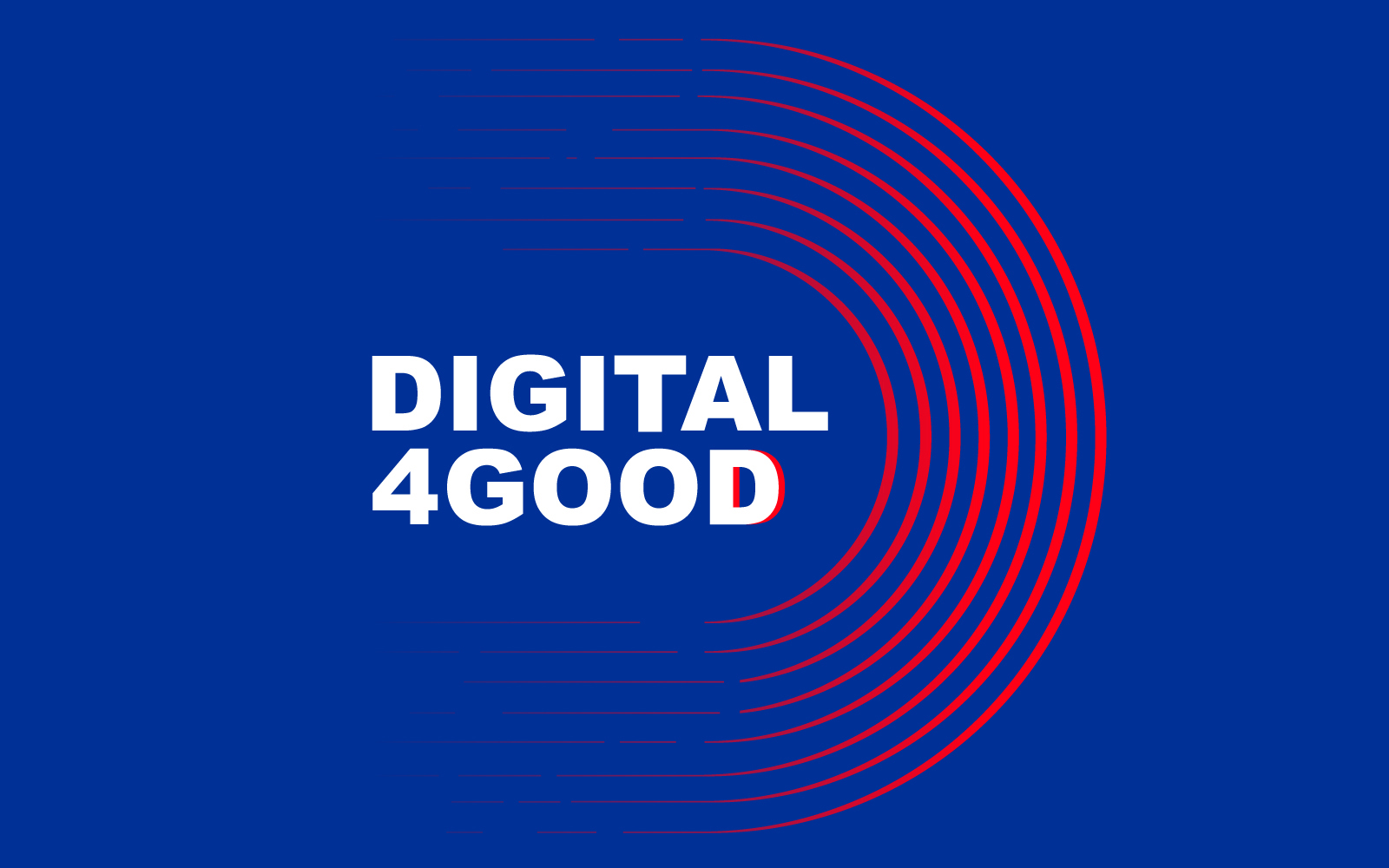Digital For Good
Challenges of the digital revolution for the social sector
Event Slider
Date
- / Cancelled / Sold out
Location
Main Building – Calouste Gulbenkian FoundationThe technological revolution has changed the way we live and work. This pandemic crisis gave the digital a new role in the social and economic order, obliging citizens and organizations to develop innovative and smart strategies of cooperation.
In this new Next Normal, we are living, the use of tech to promote social innovation can play a key role in terms of scaling up and accessibility processes. It is also reshaping the way we manage projects performance, share data, and measure impact, reinforcing the level of collective trust in society.
Being aware of the fast path of the ongoing digital revolution and its impact on the social sector, in this new context of the post-pandemic era, the Active Citizens Fund Operators of Portugal, Estonia and Malta have decided to organize a forum where the latest developments and trends shall be exchanged to secure a stronger and better prepared civil society in Europe, able to thrive in the digital age and to find together new solutions to the new problems we are facing.
The agenda of the conference combines keynotes and plenary sessions of thought leaders of the sectors (Social Innovation and Digital Agenda) with breakout sessions with a thematic focus on different societal agendas (civic participation and human rights; education; health and inclusion; environment and climate change). Several high-level experts and IT entrepreneurs from several European countries and the U.S. will trigger and enlighten the discussions.
Programme
09:30 – 10:00 Opening Session
António M. Feijó, President of the Calouste Gulbenkian Foundation
Tove Bruvik Westberg, Ambassador of Norway to Portugal
10:00 – 12:00 Plenary Session
Keynote:
Lucy Bernholz, Digital Civil Society Lab at Stanford University
Panel of Specialists:
Geoff Mulgan, Faculty of Engineering Sciences, University College London
Alexiei Dingli, Faculty of Information & Communication Technology, University of Malta
Giulia Carosella, IDC – European Digital Transformation Practice Lead
Filipe Santos, Católica Lisbon School of Business and Economics, UCP
Moderation:
Rosália Amorim, Journalist
12:00 – 14:00 Network Break & Lunch
14:00 – 15:30 Breakout thematic sessions: Digital social innovation in practice
Civic participation and Human Rights: empower people’svoices through digital literacy and critical thinking
Clare E. Vassallo, Faculty of Arts, University of Malta
Paulo Ribeiro, Linkare, Digital on Civic Participation
Maarja Leena Saar, Estonian Cooperation Assembly
Moderation:
Jaime Quesado, Expert in Innovation and Competitiveness
Education: changing the way we learn
Rui Grilo, Microsoft, Education Sector
Cláudia Cristóvão, Axians, Global Business Development Manager for Education
João Correia de Freitas, Educom, Associação Portuguesa de Telemática Educativa
Moderation:
Alexandre Homem Cristo, Education Policy Expert
Health and inclusion: new ways to promote well-being for all
Shawna Butler, Nurse Economist and host, SEE YOU NOW podcast
Helena Canhão, Patient Innovation
Angelo Dalli, UMNAI Malta
Moderation:
Catherine Mulligan, ERA Chair – Blockchain, Instituto Superior Técnico.
Environment and climate change: make a sustainable world
Tiago Domingos, Instituto Superior Técnico, Lisbon University
Michael Parkes, BIOS
Kristiina Kerge, Let’s Do It Foundation
Moderation:
Catarina Grilo, ANP/WWF – Associação Natureza Portugal, in partnership with WWF
15:30 – 15:45 Break
15:45 – 17:00 Final Plenary Session
Ethical issues, corporate governance and regulatory challenges in digital social innovation
Ciro Cattuto, CRT Foundation and ISI Foundation
Riitta Vänskä, Specialist, Digital Learning and Data Economy
Stefaan Verhulst, GovLab, New York University
Moderation:
Maria do Céu Patrão Neves, Faculty of Social and Human Sciences, University of Azores/Ethics National Council
17:00 Closing
Luis Madureira Pires, Director of Active Citizens Programme, Portugal
SPEAKERS
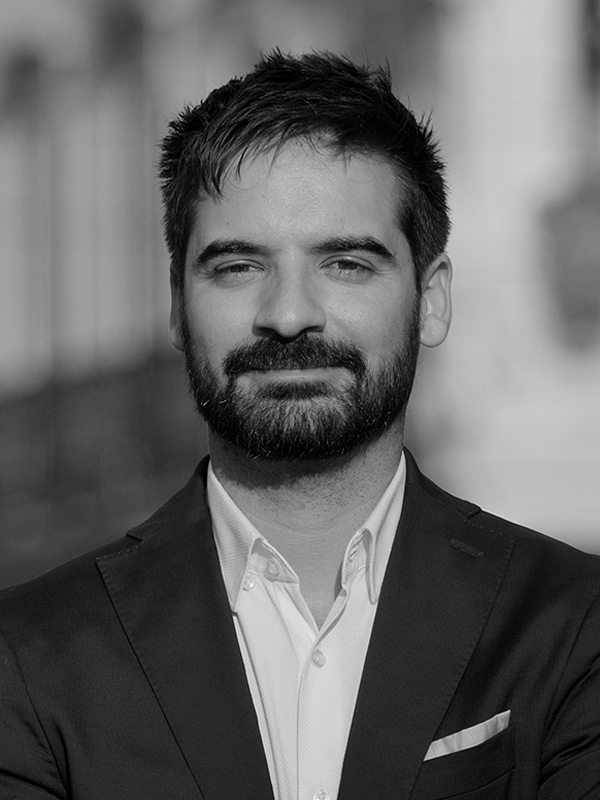
Alexandre Homem Cristo is the founder of QIPP, an organisation for the management of evidence-based projects. He is a former advisor to the Portuguese National Education Board and was parliamentary advisor in the context of the Parliamentary Commission on Education, Science and Culture. He has managed international projects funded by the European Commission, in partnership with various Education Ministries of EU member states. He is part of the SEDES Advisory Board and its Education Observatory. He writes a weekly column for Observador and regularly publishes essays analysing public education policies. He has published various works in the area of public education policies, including the study ‘Escolas para o Século XXI’ (FFMS, 2013) and thematic chapters for collective works, such as ‘Ética Aplicada: Educação’ (Edições 70, 2018) and ‘Lei de Bases do Sistema Educativo. Balanço e Prospetiva, Vol. 2’ (CNE, 2017). He has a master’s degree in Comparative Politics from the Institute of Social Sciences of the University of Lisbon.
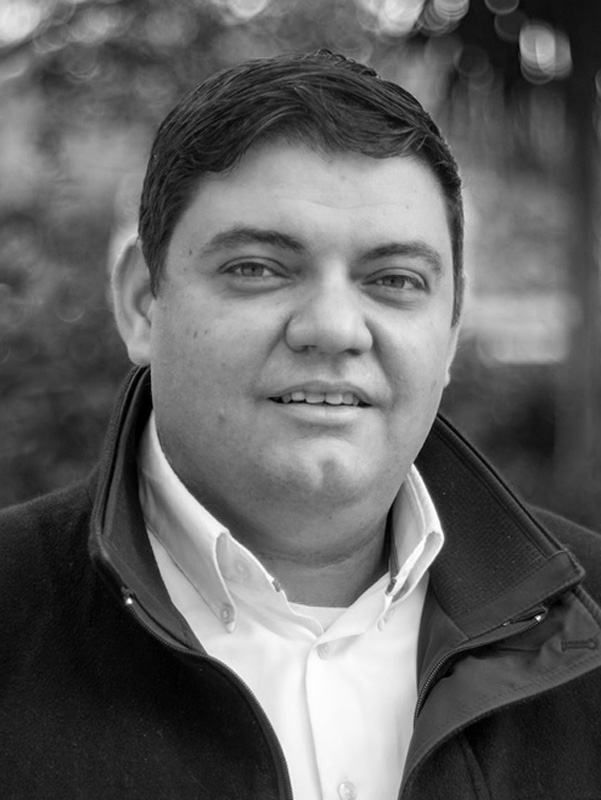
Alexiei Dingli is a Professor of Artificial Intelligence at the University of Malta and former Mayor of Valletta, the Capital City of Malta. He has been conducting research and working in the field of AI for more than two decades, assisting different companies in implementing AI solutions. His work has been rated World Class by international experts, and he won several local and international awards (such as those by the European Space Agency, the World Intellectual Property Organization and the United Nations, to name a few). He has published several peer-reviewed publications and formed part of the Malta.AI task force set up by the Maltese government, aiming to make Malta one of the top AI countries in the world.
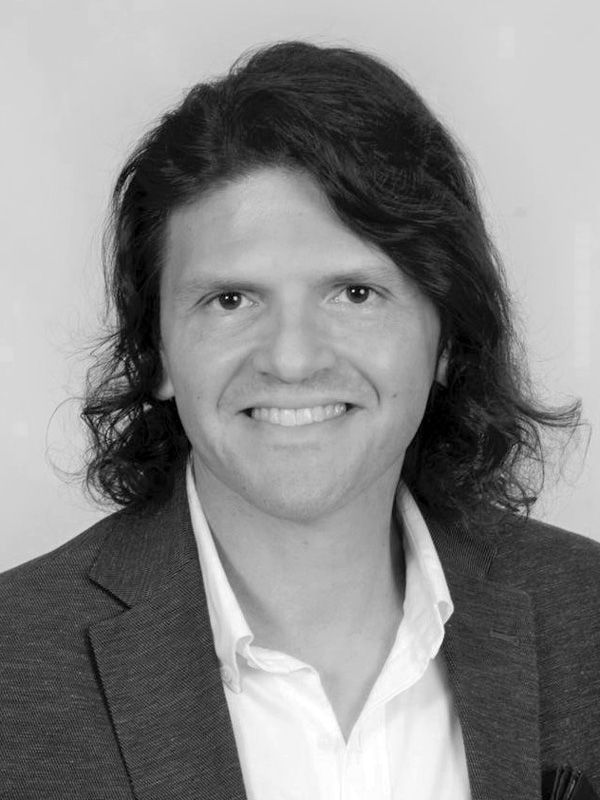
Angelo Dalli is an Artificial Intelligence expert and serial tech entrepreneur. Angelo has founded nine startups, was involved in four IPOs/M&As and invested in over forty successful companies in the Technology, Entertainment and Fintech industries. As UMNAI’s co-CEO, Angelo is responsible for leading the company’s product and technology strategy. UMNAI is a deeptech AI focused solutions provider that has created new ground-breaking AI foundational neurosymbolic products and technology that have trustworthiness, clarity and understanding inbuilt by design. UMNAI’s foundational framework for the hybrid AI of the future enables AI to run optimally on the next generation of processing called graph computing. Angelo has distinguished himself for combining deep technical ability with commercial acumen, authoring over 23 scientific papers and over 21 patent filings in Europe and the US, and holding a Ph.D. in CS & AI. Angelo is a member of EBAN, a senator representative in WBAF and president of BAM. Angelo’s profile is a realization of the mantra he works by ‘To create scaleable, repeatable technology businesses that lead by innovation’, with an emphasis on achieving a positive social impact.
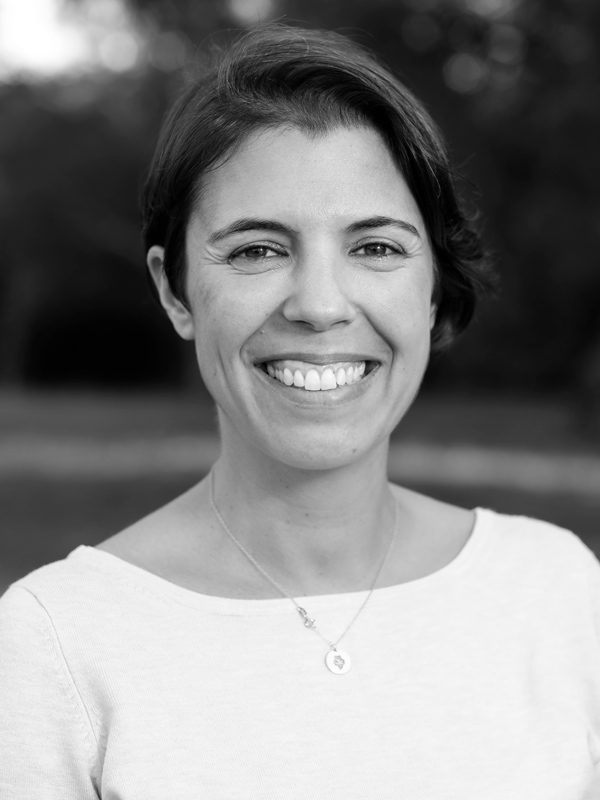
Catarina Grilo is a marine biologist by training, and currently Director of Conservation and Policy with ANP, a Portuguese environmental NGO that works in association with WWF (ANP|WWF) on a wide range of conservation issues (wildlife, oceans, freshwater, forests, food, climate and energy).
Throughout her career, she has worked in different organizations (public, business, non-profit, academia, philanthropic) in different continents. Her work has been focused on environmental issues at the science-policy interface, striving to improve how scientific evidence and empirical knowledge inform decision-making. She received an honorable mention by the Terre de Femmes award in 2015 for her role in creating Portugal’s first community-supported fishery, a seafood direct marketing initiative established through a partnership between fishers and an environmental NGO.
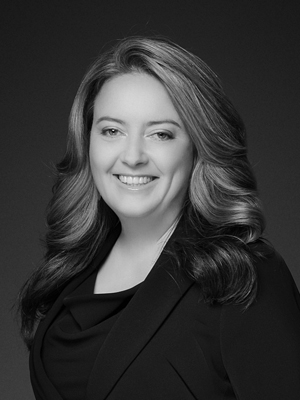
Professor Cathy Mulligan is ERA Chair in Blockchain at Instituto Superior Técnico and a Visiting Lecturer at Imperial College London, where she co-founded the imperial College Centre for Cryptocurrency Research and Engineering. She is a Fellow of the World Economic Forum for Blockchain. Cathy has 25 years academic and business experience in a variety of institutions and companies; she has been active in the Blockchain research since 2009 and smart cities since 2011. Cathy’s work on data marketplaces has been used across multiple cities in Europe. Cathy was an active member of the Open Agile Smart Cities Secretariat (2015-2018) and Vice Chairman of the ETSI ISG on Context Information Management (2017). Most recently through her work with Data for Common Purpose Initiative at the World Economic Forum, Cathy worked with several cities to to design real-world solutions for data marketplaces. She was one of the lead authors on the flagship WEF report “Data-Driven Economies – Foundations for our Common Future”.
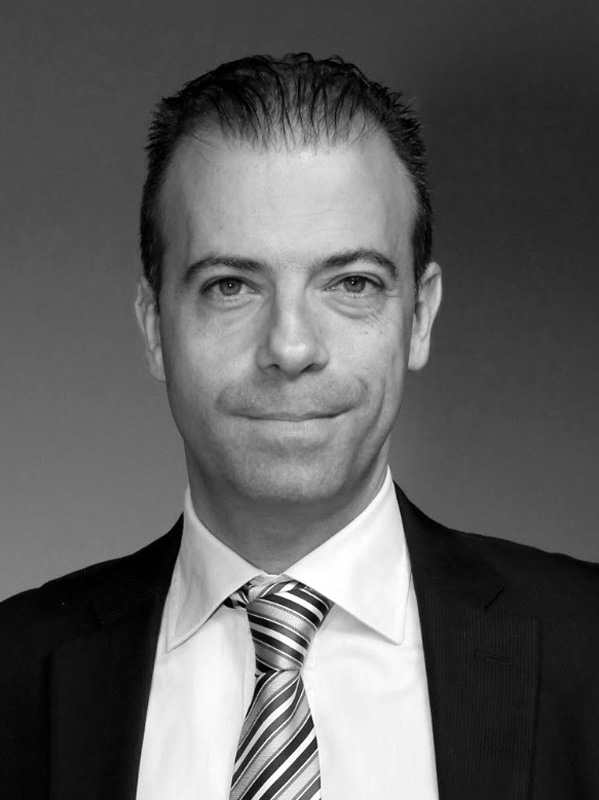
Ciro Cattuto is the Scientific Director of ISI Foundation, a non-profit research institute focusing on data science, complex systems, and their applications to social impact and public health. He is an Associate Professor in the Computer Science Department of the University of Torino, an Expert at the Italian Department of Digital Transformation, and a member of the Steering Committee of CRT Foundation. His research interests include Data Science, Computational Social Science and Public Health. He holds a Ph.D. in Physics from the University of Perugia, Italy and has carried out interdisciplinary work at the University of Michigan, USA, at Sapienza University in Rome, and at the Frontier Research System of RIKEN, Japan. He is a founder and principal investigator of the SocioPatterns project, an international collaboration on studying human social networks with wearable sensors. He is an editorial board member of Nature Scientific Data, EPJ Data Science, Journal of Computational Social Science, Data & Policy. He served in the COVID-19 task force of the Italian Ministry of Innovation and in the working group on “Algorithmic Governance” of the Italian Ministry of Labor.
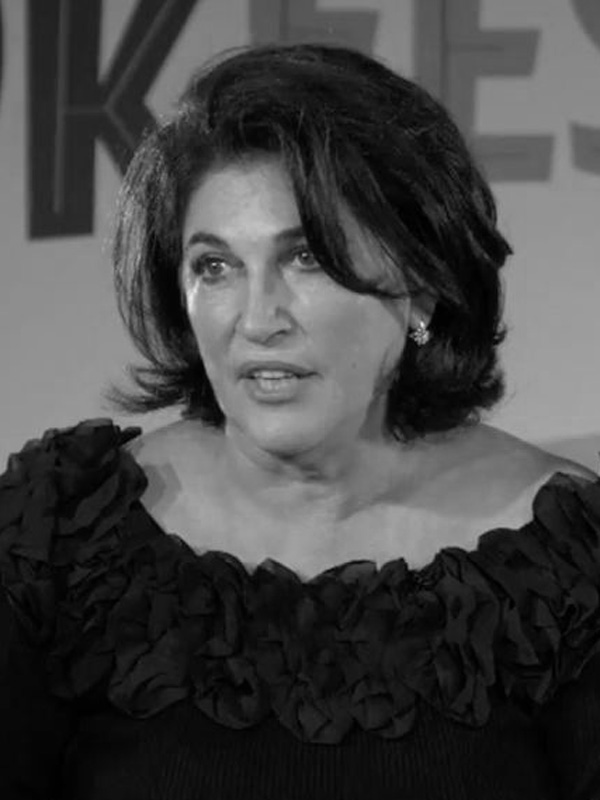
A graduate of Philosophy, Linguistics and English Literature, Clare Vassallo pursued her interest in the interface of these three areas at the University of Bologna, Italy where she was awarded a scholarship to obtain her Ph.D in Semiotics under the tutorship of Prof. Umberto Eco in 1996. The emphasis of her research was in the field of Semiotics as literary and cultural theory and as theory of knowledge. She was Chairman of the Public Broadcasting Services (PBS) for National Television and Radio (and the Eurovision Song Contest) between 2008 and 2010, where she had previously served as a member of the Board of Directors from 2000 - 2003, and 2007-2008. She is currently Professor of Semiotics and Translation Studies in the Department of Translation Studies at the University of Malta. She teaches postgraduate courses in the Department of Translation Studies and in the MA Program on Popular Culture and Literary Tradition. Her courses include Translation History and Theory; Pragmatics, Semantics and Semiotics; Literary Translation; among others.
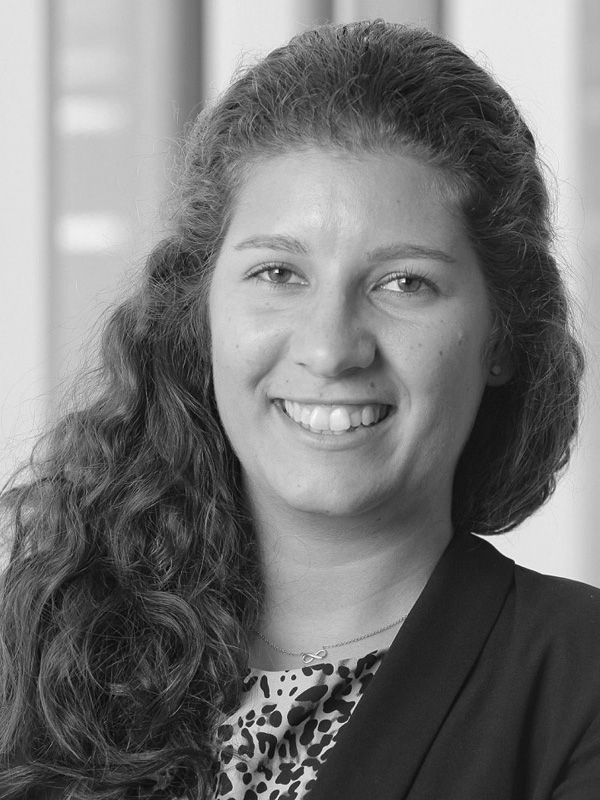
Cláudia Cristóvão has a degree and Master in Economics from Catholic Lisbon School of Business and Economic. Currently working in Paris headquarters as the Global Business Development Manager for Education and Healthcare in Axians, Cláudia Cristóvão has more than 12 years' experience in the Telecommunications, Government, Healthcare and Education sectors. As previous role, she worked as the Country Manager for Axians Digital Consulting in Mozambique, managing multidisciplinary teams. Her focus areas of expertise are Business Development, Management Consulting, Service and Business Design, where she has built a rich set of skills and useful experience through her work in several areas and business sectors through different geographical locations.
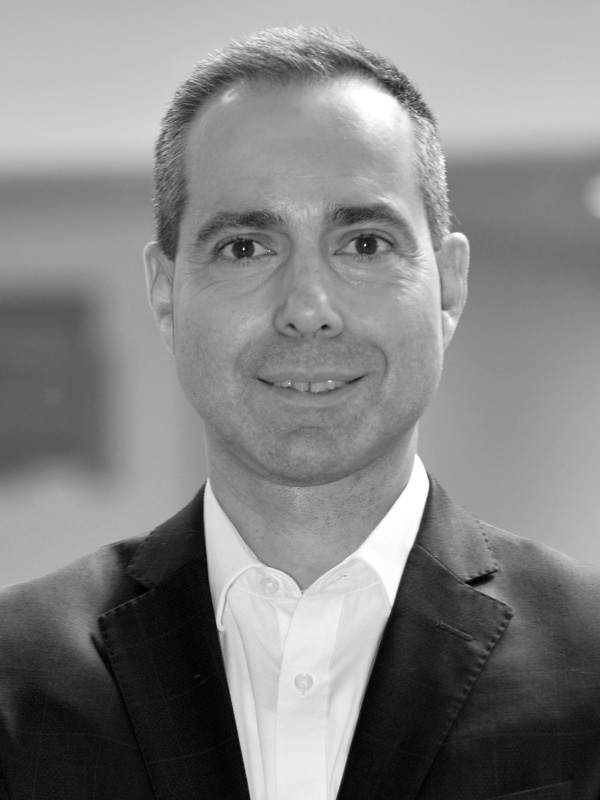
Filipe Santos is the Alfredo da Silva Chaired Professor of Entrepreneurship and Dean of CATÓLICA-LISBON since February 2019. He also holds the Chair Girl Move Academy for Social Innovation. He was a Professor of Entrepreneurship at INSEAD the INSEAD Centre for Entrepreneurship and was founder and Academic Director of the INSEAD Social Entrepreneurship Initiative. He holds a Ph.D. in Management Science and Engineering from Stanford University, with a focus on Entrepreneurship. He served as Chair of the Graduate Student Council of Stanford University and was the recipient of the Lieberman Fellowship, an award recognizing outstanding scholarship and institutional contributions. Professor Santos’ research focuses on field of social innovation, has been published in top journals and cited more than 11500 times (Google Scholar). He is co-author of the book “The Social Entrepreneur´s Guide to Changing the World”. In September 2019 he won the global Social Innovation Thought Leader Award by the Schwab Foundation, a sister organization of the World Economic Forum, and was considered one of the world’s high impact researchers by Clarivate Analytics. At CATÓLICA-LISBON, he teaches social innovation and impact investing courses. In 2015, he founded Portugal Social Innovation, a government agency to develop the social investment market in Portugal, now considered a best practice in Europe. He was Board member and Chair of the European Venture Philanthropy Association (EVPA), is a member of the investment committee of the Social Innovation Fund (FIS), and jury member of several international social innovation awards.
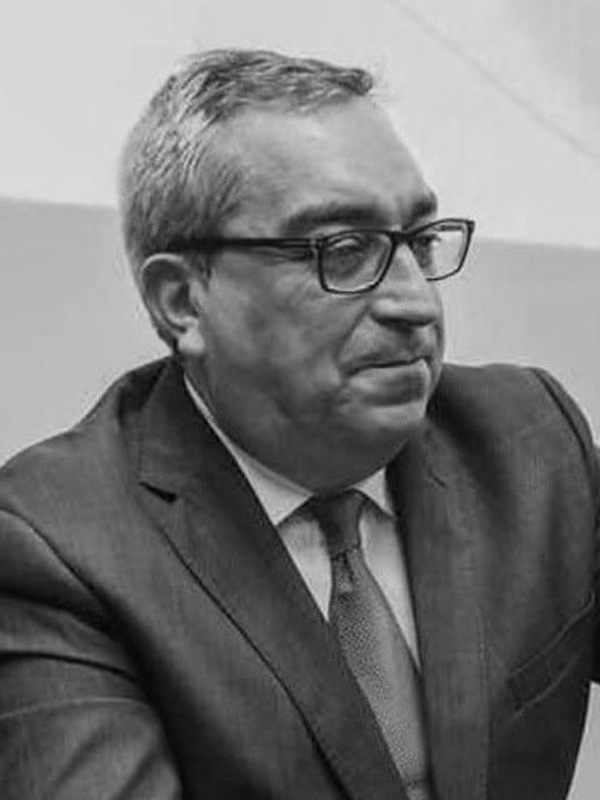
Francisco Jaime Quesado, an economist and administrator for the University of Porto, has spent the last thirty years working in the management of public organisations (information society and knowledge management, director of Agência de Inovação, non-executive director of Empordef, president of ESPAP) and in the private area (Grupo Amorim, Associação Empresarial de Aveiro, CEIIA, PCI - Aveiro). He is currently coordinating projects in the area of innovation and competitiveness at national and international level, and frequently appears as a speaker at conferences and seminars. He has a post-graduate degree in European Studies from the University of Coimbra and in Political Science from the Católica University, and has taught the subjects of Economics and Management (University of Porto, Católica University, ISAG). He is a regular contributor to national and international press and the author of five books.

Sir Geoff Mulgan is Professor of Collective Intelligence, Public Policy & Social Innovation at University College London (UCL). He was CEO of Nesta, the UK's innovation foundation from 2011-2019. From 1997-2004 Geoff had roles in UK government including director of the Government's Strategy Unit and head of policy in the Prime Minister's office. Geoff advises many governments, businesses and foundations around the world. He has been a reporter on BBC TV and radio and was the founder/cofounder of many organisations, including Demos, Uprising, the Social Innovation Exchange and Action for Happiness. He has a PhD in telecommunications and has been visiting professor at LSE and Melbourne University, and senior visiting scholar at Harvard University Past books include ‘The Art of Public Strategy’ (OUP), ‘Good and Bad Power’ (Penguin), ‘Big Mind: how collective intelligence can change our world’ (Princeton UP) and ‘Social innovation’ (Policy Press). His latest book ‘Another World is Possible: How to Reignite Social and Political Imagination’ is published by Hurst Publishers in June 2022.
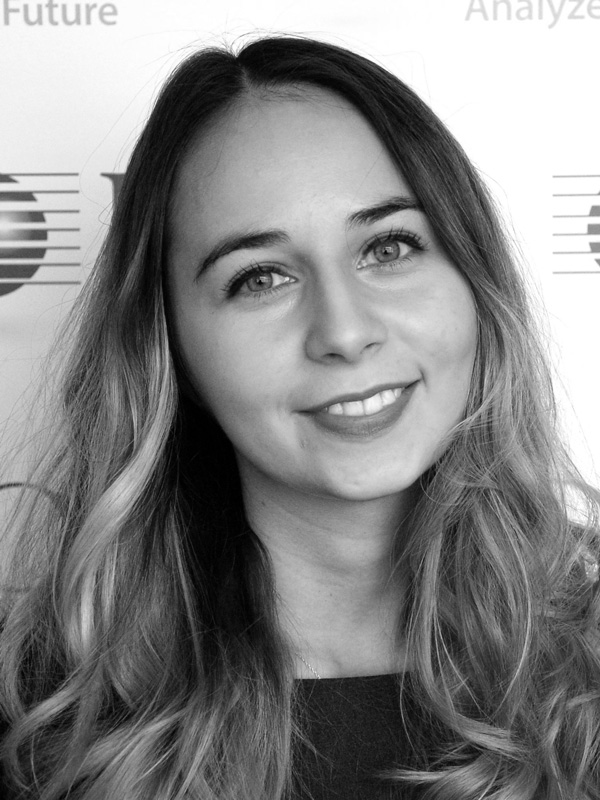
Giulia Carosella leads IDC's European Digital Transformation (DX) Practice. In her role she advises ICT players and European end-users' C-suite leads on European DX strategies and roadmaps, looking at C-suite dynamics and priorities, business models and ecosystems, use cases, key metrics, and changing organizational structures. In her role, she also focuses on evolving technology architecture and the shift towards open, flexible, and data-driven platform architectures.
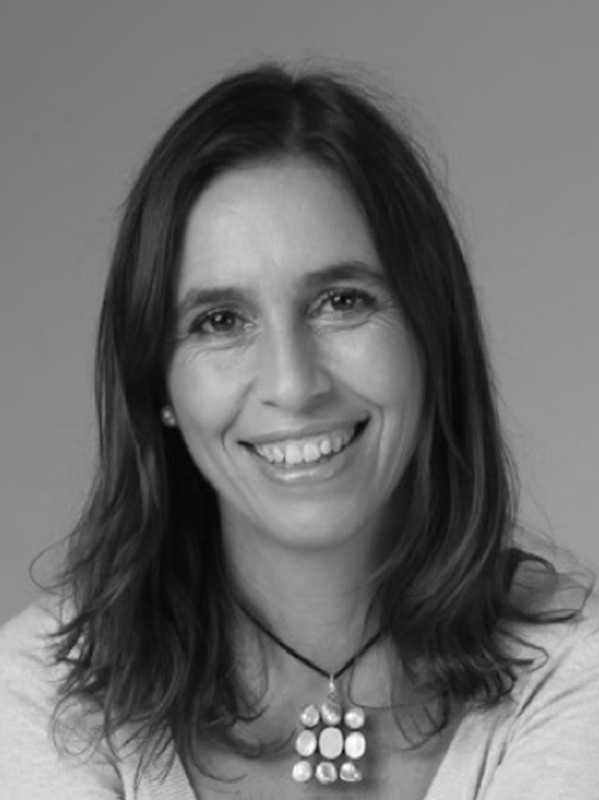
Dean and Full Professor of Medicine at the NOVA Medical School, Universidade Nova de Lisboa and Guest Full Professor of Epidemiology at the National School of Public Health.Senior Graduate Hospital Assistant and Responsible for the Rheumatology Unit, CHLC-Hospital Santo Antonio dos Capuchos. President of the Portuguese Society of Rheumatology.
Graduated, PhD and Habilitation in Medicine (Rheumatology) from the Faculty of Medicine of the University of Lisbon, she also holds a Masters in Clinical Research from the Harvard Medical School, Harvard University, USA.
Chairwoman of the Advisory Boards of AICIB and of the Value based4Health Colab (NOVA, Fraunhofer, Vodafone and Jose Mello Saude).It is part of the book 100 women in Science, Ciencia Viva, 2019. It was distinguished with the Bial Medicina Clinica Prize 2008, Senior Clinical Award of Harvard Portugal 2009 and Grande Premio Bial de Medicina 2016.She is the author of more than 200 peer-reviewed publications and books and book chapters in the fields of medicine, rheumatology, aging, health innovation and clinical research.

João Correia de Freitas is a Biologist by training from the Faculdade de Ciências, Universidade de Lisboa (1981) and PhD in Education Sciences from the Universidade Nova de Lisboa (2005). He is currently Assistant Professor at FCT NOVA School of Science and Technology on Digital Education, lecturing in masters and doctorate programs, and full researcher at CICS Nova research unit, with several published works, and the head of the Laboratório de e-Learning (elearning lab) at FCT. He has been involved in ICT in Education / e-Learning initiatives for the past 35 years, starting as a secondary teacher in 1979 and then joining the university in 1988, Having participated in several national initiatives on ICT in education (Projecto MINERVA(1985-1994); uARTE - Programa Internet na Escola (Internet at School, 1997-2002) and CRIE (Taskforce on Computers, Networks and Internet in Schools, 2005-2007). He is a founding member (1995) and the current president of EDUCOM – a teachers’ association dedicated to digital education – also collaborating with other non-governmental organizations.
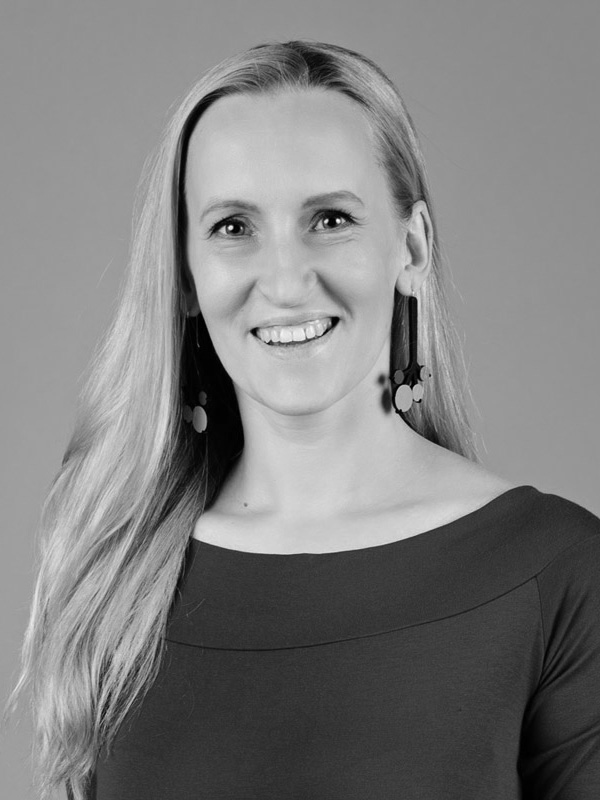
Kristiina is an expert in IT-solutions with positive environmental and social impact. For the past 12 years, Kristiina has contributed to the growth of several environmental initiatives, such as the Kuhuviia.ee service in Estonia (since 2013), the Let's Do It Foundation's digital tools for waste mapping - an AI tool and a mobile app (2016-2019). Latest development is Sustaxo – tool for SMEs to self-assess their GHG impact. Combining environmental challenges with smart technology is her passion. Since 2020 she has been pursuing the idea of creating an environmental impact measurement capability for NGOs, SMEs and municipalities. In addition to dealing with complex challenges and creating step-by-step plans to solve them, she is also active in mentoring events to make them first aware of their impact and then to make them sustainable. Whatever Kristiina does, she uses her leadership and smart technologies to find high impact solutions for environmental challenges.
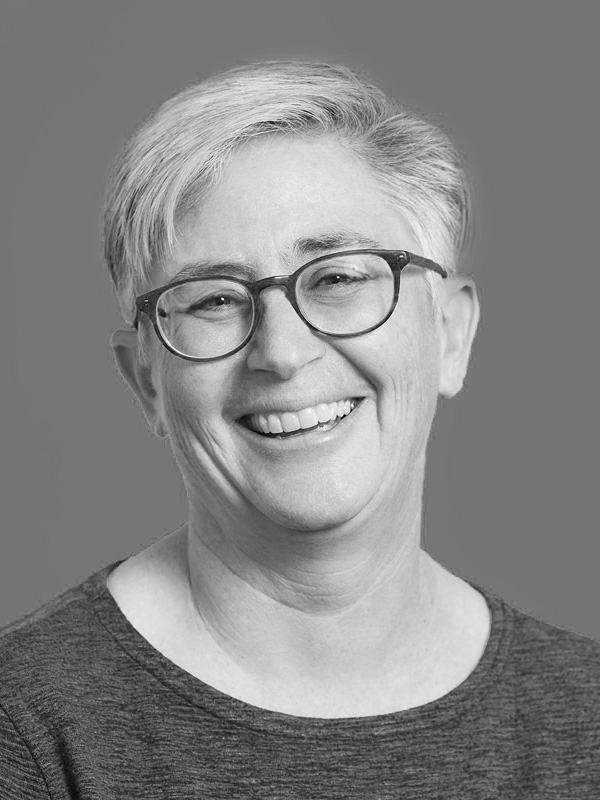
Lucy Bernholz is a philanthropy wonk. Bernholz is a Senior Research Scholar at Stanford University’s Center on Philanthropy and Civil Society and Director of the Digital Civil Society Lab. Bernholz is the author of numerous articles and books about philanthropy, policy, and technology, including How We Give Now: Philanthropy by the Rest of Us, (2021, MIT Press); co-editor of Digital Technology and Democratic Theory, (2021, University of Chicago Press); and co-editor of Philanthropy in Democratic Societies, (2016, University of Chicago Press). She has written the annual Blueprint Series on Philanthropy and Digital Civil Society since 2010 and writes the award-winning blog, philanthropy2173.com. Bernholz has a B.A. from Yale University, where she played field hockey and captained the lacrosse team, and an M.A. and Ph.D. from Stanford University.
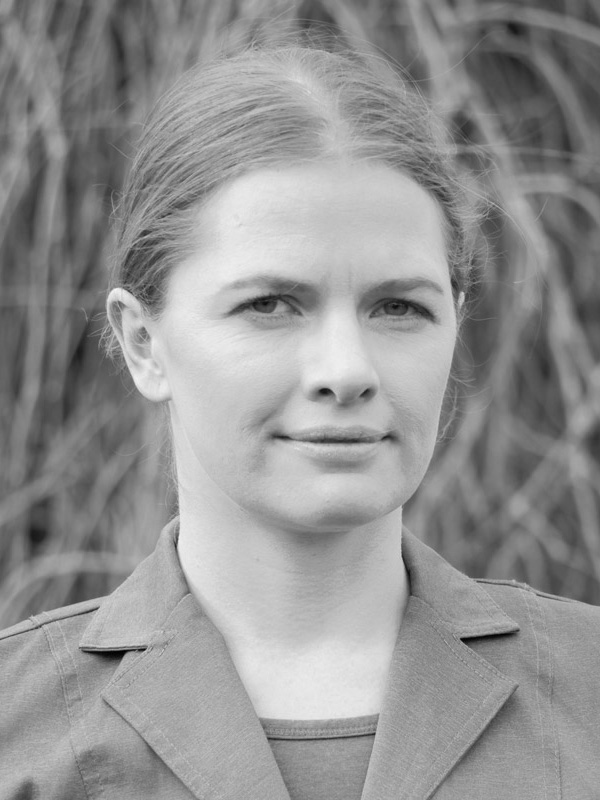
Maarja-Leena Saar is an openness advocate working to make E-stonian society inspiring and unleashing its hidden potential. She has been a process manager at the Estonian Cooperation Assembly, a competence centre founded by the President of Estonia, working on policy recommendations and initiatives on societal issues like (e-) democracy and public sector reform. She led project rahvaalgatus.ee from idea to exponential growth. Rahvaalgatus.ee is a citizen initiatives platform for sending collective proposals to the Estonian Parliament. Maarja-Leena is also a big fan of open data and knowledge visualization, her passion in that field was recognized by New Europe 100 and Shuttleworth Foundation. She is a founding member of Open Knowledge Estonia and kicked off the open data boom in Estonia together with the Ministry of Economic Affairs and Communications through strategic partnership.

Full Professor of Ethics, President of the National Ethics Council for Life Sciences, Vice-Chair of the European Group on Ethics in Science and New Technologies and an expert in Ethics at the European Commission. She was consultant to the President of the Republic for the Ethics of Life, member of the Board of Directors of the International Association of Bioethics. She is a member of several ethics committees and research centers, coordinator and ethics advisor for research projects, member of scientific/editorial boards of international scientific journals and a “peer reviewer”.
Author/coordinator of 36 books, including the 12-volume collection dedicated to Applied Ethics (2016-2018), and the Dictionary of Global Bioethics, with Henk ten Have (2021) and around 200 articles, having produced more than 400 conferences.
She was a member of the European Parliament between 2009 and 1014. Distinguished with the Commendation of the Order of Infante D. Henrique, awarded by the President of the Republic.
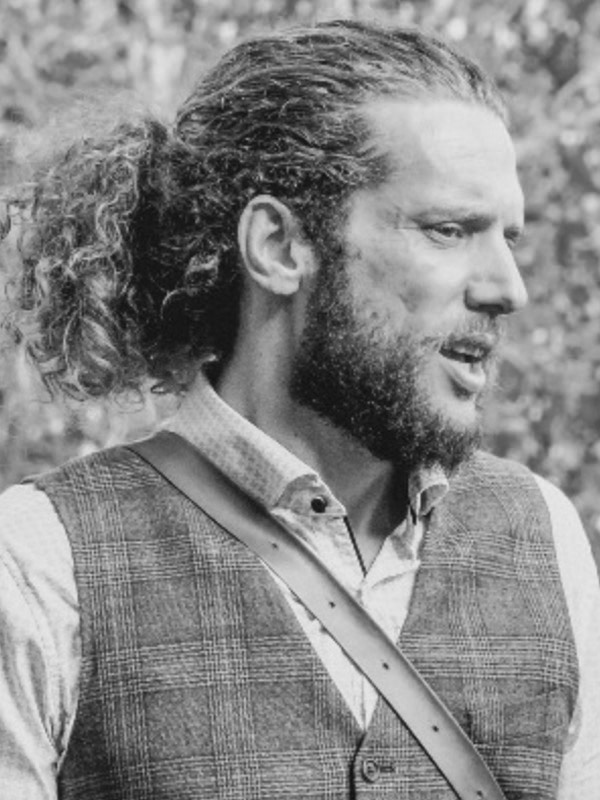
Working across the corporate, social services and environmental sectors, I lead, manage and consult to programmes of work seeking to impact global challenges to serve people and planet. Participating at Institutio Superior Tecnico in Sustainable Energy Systems my focus is on the practical application of my PhD project with corporations and industry. By integrating learning from various dimensions, I work with corporate partners on social innovation at the intersection of environment, sustainability, food and human behaviour. Currently I am leading Bios pilot to execute the prototype in partnership with Calouste Gulbenkian Foundation and Nova School of Business & Economics. We are working to reduce environmental impact in urban buildings and at the same time grow clean conscious food with reduce carbon footprints. Our aim is to provide a solution for greenhouse gas emission reduction and food production amidst the backdrop of the many challenges facing the urbanization of food.
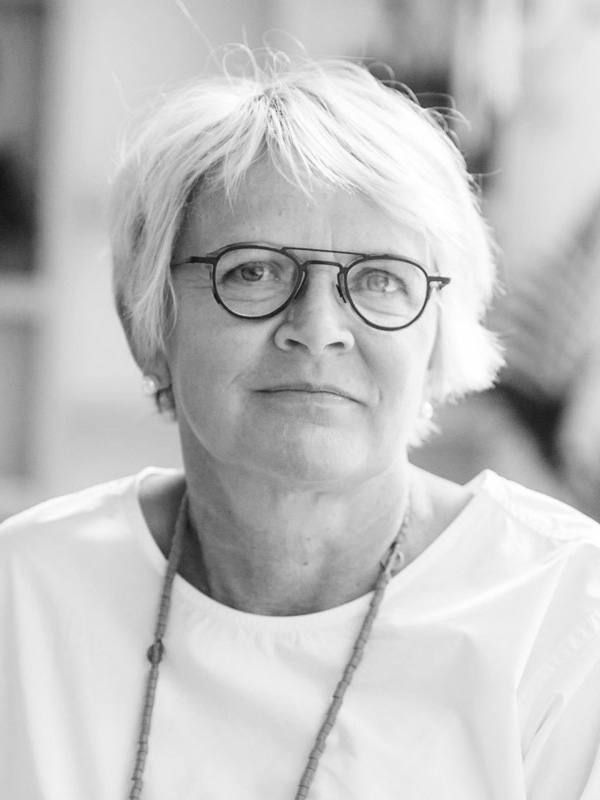
Riitta Vanska is expert and activist in digital learning and data economy civic skills.
She has more than 20 years of experience in international digital learning projects.
She has been an initiator and promoter for many successful global digital learning projects.
Her educational background is in Information Management and Digital Learning. During the years 2009-2012, she worked in many African countries developing and implementing mobile learning solutions for K12 learners.
Last 4 years Mrs Vänskä worked for Sitra, a Finnish Innovation Fund, in Fair Data Economy -project. Her focus was in citizens’ rights and skills in data economy. She strongly believes that everyone should have basic data economy skills as a civic skill.
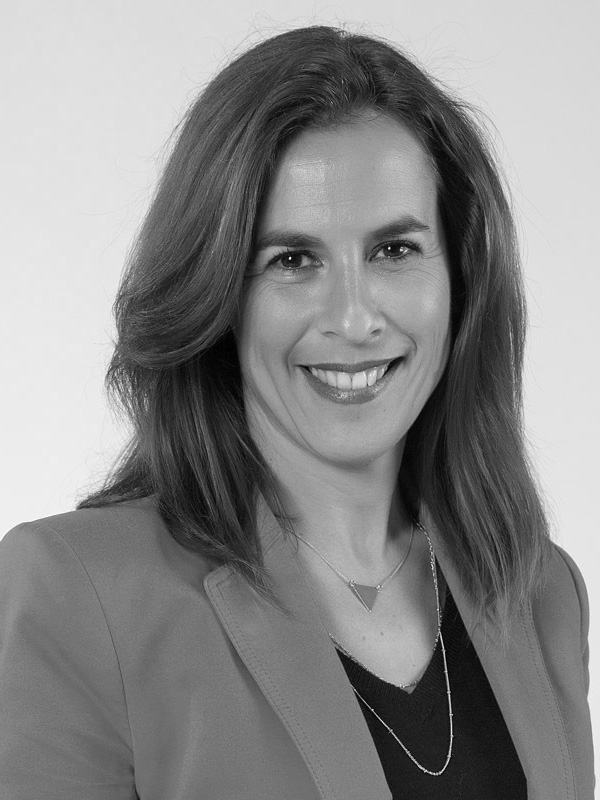
Rosália Amorim has been Director of Diário de Notícias since November 2020. She was Editorial Director of Dinheiro Vivo (the Economics Editorial of Global Media Group – GMG), and head of the economics section for Dinheiro Vivo, Diário de Notícias and Jornal de Notícias. In the first half of 2021, she was non-executive director of Global Media Group. Since May 2018, she has combined her work for Dinheiro Vivo with the role of Editorial Director of DN Insider, a monthly magazine dedicated to the digital world and distributed with Diário de Notícias. She is also the publisher of Motor 24, a GMG publication focusing on mobility, and a commentator on the radio station TSF and the television channels RTP, RTP2, RTP3 and TVI. She regularly acts as moderator at national and international conferences, particularly those linked to the subjects of economy, technology and mobility, as well as in the area of leadership and media management. She was Executive Director of Media Rumo in Angola for two years (2015-2016) and advisor to the board of directors. She has spent a large part of her career working for the Impresa group and was editor of Revista Exame, coordinator of Revista Única for the newspaper Expresso, coordinator of Inteligente Life – The Economist in the Portuguese version, economics coordinator for Expresso, and commentator on economic affairs for SIC and SIC Notícias. She began her career at Rádio Comercial, as a journalist specialising in economics. With a degree in International Relations from the Lusíada University in Lisbon, she also has various qualifications in Economy and Journalism from different institutions (INSEAD Business School (France), FLAD, Cenjor, Euronext Lisbon and Nova Business School). She completed the PADE – Senior Business Management Programme at AESE Business School, in 2019. She is the author of the book O Homem Certo para Gerir uma Empresa é uma Mulher (PrimeBooks, three editions), co-author of O Livro do Bem-Estar with Rosa Lobato de Faria (Edimpresa) and writes the blog ‘Executivos Sem Gravata’ for Expresso.
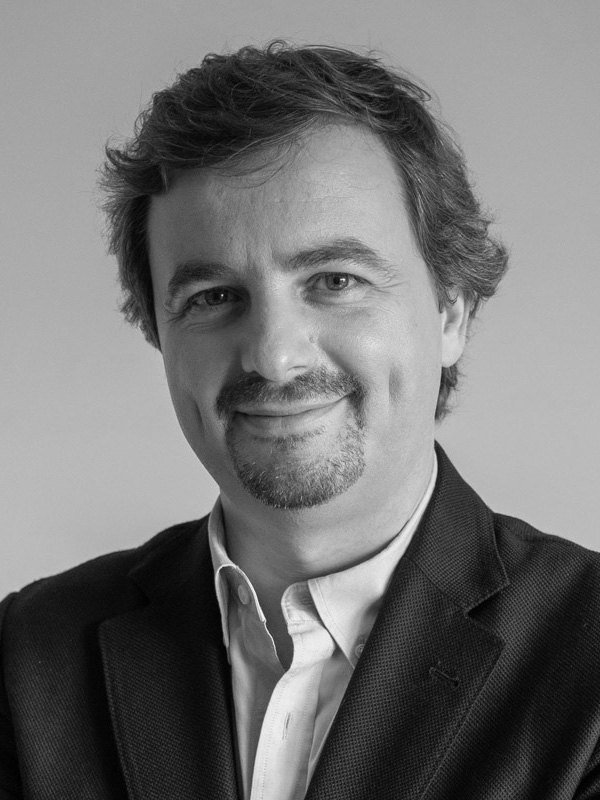
Rui Grilo is Microsoft’s Western Europe Director for Education since 2017. He joined the Company in 2009 as the Education Lead for Portugal, transitioning in 2013 to the Western Europe headquarters. Having a first degree in Management, he was awarded a degree of Doctor for Management in Organizational Change by the University of Hertfordshire (UK), in 2005. His professional career was developed within the telecommunications and information technologies sectors. He worked for Portugal Telecom Group, as Corporate Web Project Coordinator, Managing Director of the web portal SAPO.pt and Senior Business Development Analyst. Rui Grilo also served in the Portuguese Government for two periods of his career. From 2006 to 2009, as Deputy Coordinator of the Technological Plan and, from 1996 to 2001, as Adviser to the Secretary of State for Youth, Adviser for Education and Youth to Prime Minister António Guterres and Chief of Cabinet to the Minister of Finance and of the Presidency.
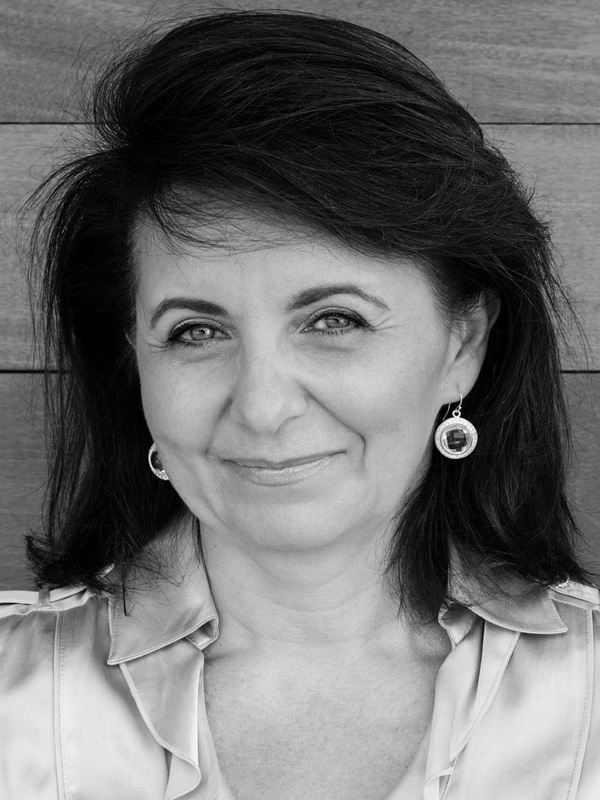
Shawna is a nurse economist, managing director for Exponential Medicine Conference, and creator and host of SEE YOU NOW, produced in partnership with Johnson & Johnson and the American Nurses Association that features human-centered, nurse-driven solutions to address our most challenging health care problems and transform our health care systems and practices. Butler’s career centers on raising the visibility of nurses, empowering them as system-level change agents, and recognizing how they create and drive clinical and economic value. She initiated a global conversation highlighting the rarity of nurses in boardrooms, product design, innovation teams, policy development, tech conferences, and health media. In 2021, Butler was honored by Rock Health as a Top 50 in Digital Health.
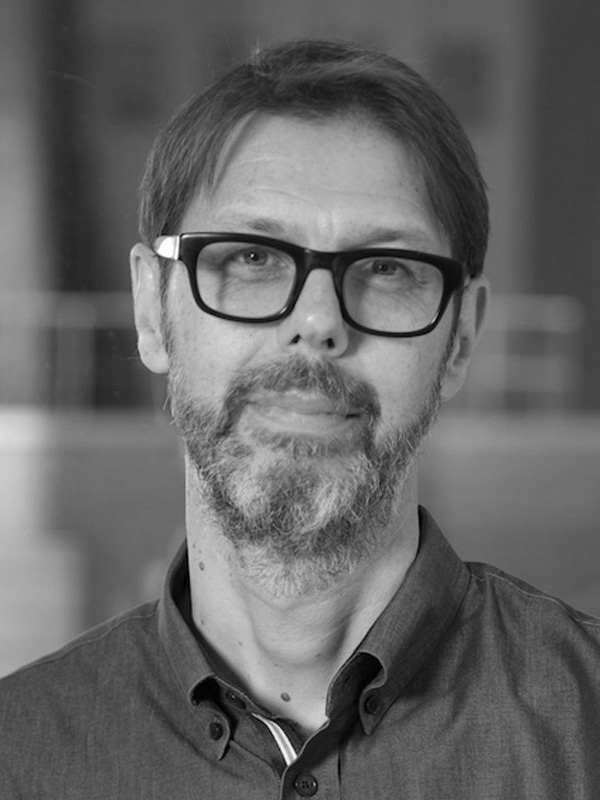
Stefaan G. Verhulst is Co-Founder, Chief of R&D, and Director of the Data Program of the Governance Laboratory (The GovLab) where he is building an action-research foundation on how to transform governance using advances in science, data and technology. Verhulst’s latest scholarship centers on how responsible data and technology can improve people’s lives and the creation of more effective and collaborative forms of governance. Specifically, he is interested in the perils and promises of collaborative technologies and how to harness the unprecedented volume of data and information to advance the public good.
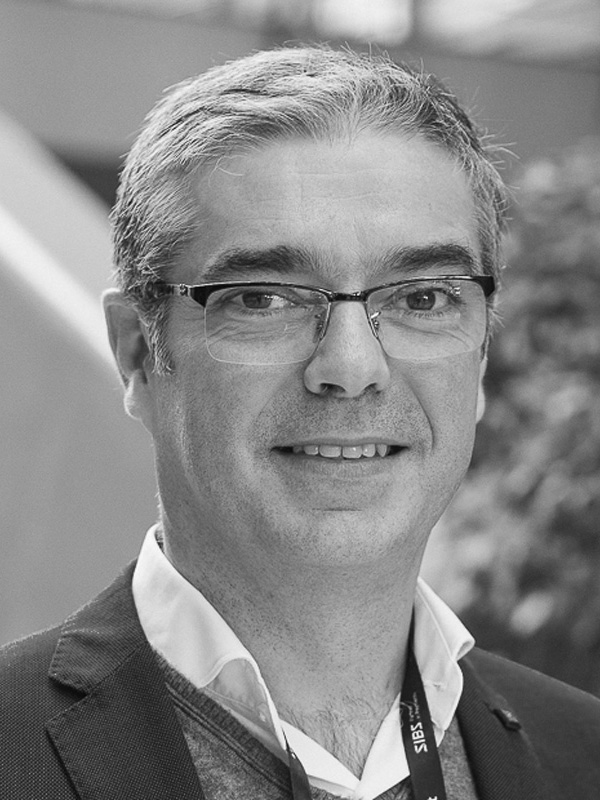
Vice-President at ESOP, the Portuguese Association for Open Source businesses, Paulo is also Founder and CEO at Linkare, a company dedicated to IT solutions development based on emerging Open Source technologies.
In the last decade, Paulo has been a public supporter of open source in different forums in Portugal & Europe.
He holds a Master's degree from the Technical University of Lisbon and also an MIT program dedicated to the Management of Research, Development and Technology-Based Innovation.

Tiago Domingos, M.Sc. in Engineering Physics (IST) and Ph.D. in Environmental Engineering (IST), is an associate professor in Environment and Energy at IST, University of Lisbon. He teaches or has taught courses in Thermodynamics, Modelling, Economics and Sustainable Development. His main research areas are Ecological Economics and Ecological Modelling. He is president of MARETEC – Marine, Environment and Technology Centre, coordinator of the IST Platform for Environmental Science and Technology and coordinator of the Integrated M.Sc. in Environmental Engineering. He is founder and CEO of Terraprima – Environmental Services, an IST Spin-off and Life Member of Clare Hall, University of Cambridge.
